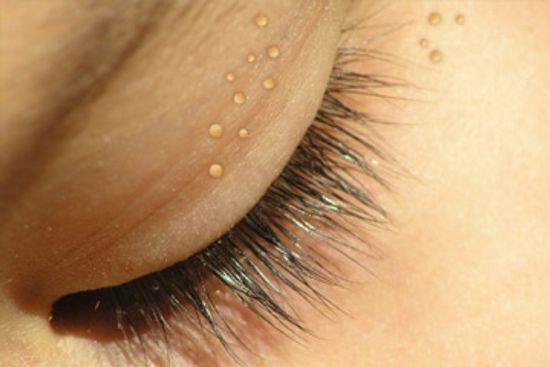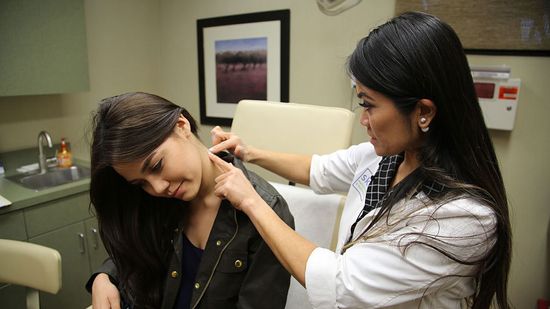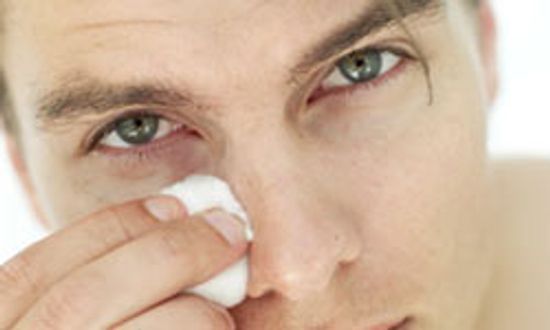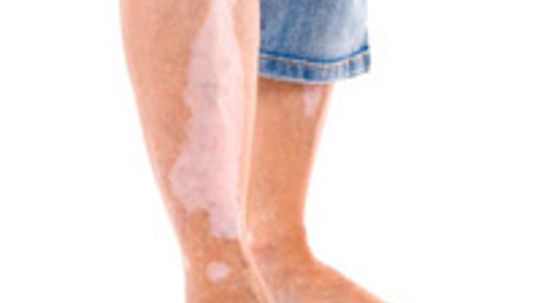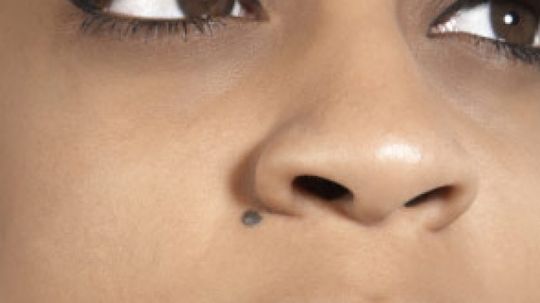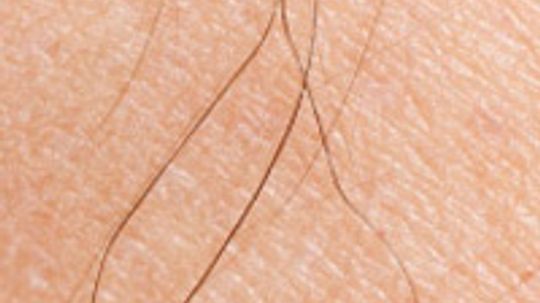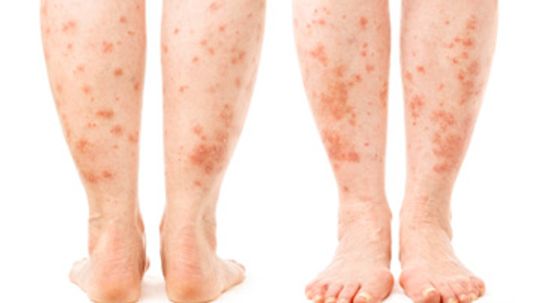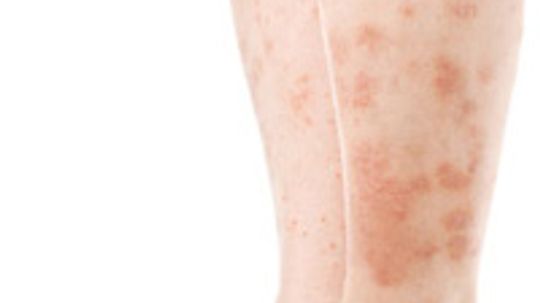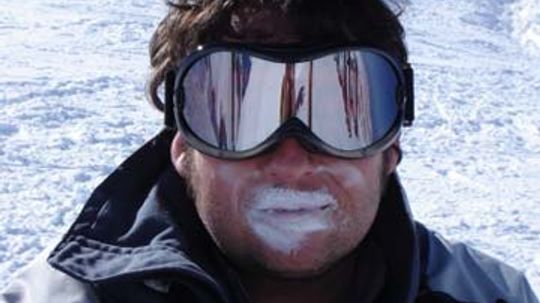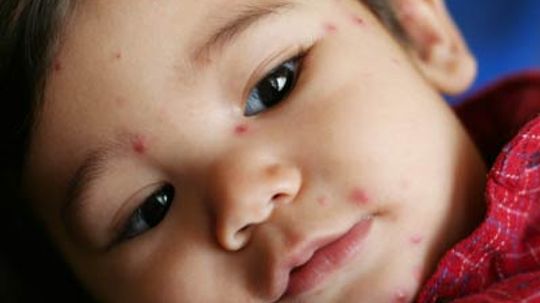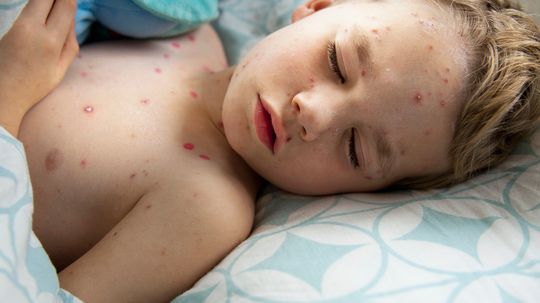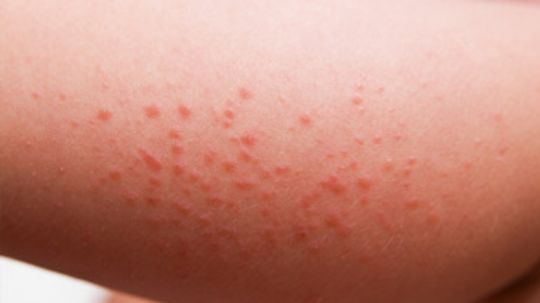Medical Skin Problems
Medical skin problems can be serious and life-threatening. Understanding medical skin problems is extremely helpful in diagnosing them early. This section covers everything to do with medical skin problems.
Learn More / Page 3
If you have dandruff, you may have a mild form of seborrheic dermatitis, a skin condition that causes flaky, scaly skin and even hair loss. Find out what causes the disease and how you can treat it.
If you're a sun bunny, you'd better consider slathering on some sunscreen and heading for a big umbrella instead -- and don't even think about going to the tanning bed. Skin cancer is a lot more common than most people know.
From harmless age spots and birthmarks to dangerous cancerous growths, several factors can cause skin discoloration. How do you tell what it is and whether to see a doctor?
Advertisement
If you have any prominent moles, you've probably put up with a lot of unsolicited questions and comments about whether you've been to a dermatologist. Where do moles come from, anyway?
Skin tags might be embarrassing or even scary when they appear out of the blue on your body. But are these tiny outgrowths of skin truly as ominous as they may seem?
Solar urticaria is a rare allergic reaction that causes people to break out in hives after exposure to the sun. What causes it, and how can it be treated?
If you're over 50 and have high blood pressure or poor circulation, you're at risk of developing stasis dermatitis, a disorder that causes swollen legs and ulcers. But how can you avoid it?
Advertisement
What we know as "age spots" or "liver spots" are actually a result of sun exposure, and they're quite common. But once you have a sun spot, are you stuck with it for good?
You may think that your skin is safe from the elements once swimsuit season ends and the air gets cold. That's not true. Most people know that the winter sun can still harm skin, but the wind can be just as dangerous.
This exotic sounding affliction is actually pretty common and tame. Xanthomas are bumps that form when fat collects in pockets under the skin, and usually occurs in those over the age of 40.
Is it possible to be allergic to the sun? What can be done about this allergy?
Advertisement
Although acne is typically associated with the teenage years, many adults also find themselves fighting breakouts. Find out what's behind adult acne and what treatment options are available.
A giant zit on the tip of your nose can ruin your day -- especially since acne loves to show up right before a first date. What's the best way to deal with it?
By Tom Scheve
It's safe to say that no one's a big fan of herpes. But there's an extremely good chance that you have at least one of the eight types. Don't worry, chicken pox is one of them.
While you can't do much about the way a cold sore looks, you can do a few things to help decrease discomfort, speed healing and keep it from coming back.
Advertisement
Albinism is a condition where your body makes less than the normal amount of the pigment melanin. It affects one in every 18,000 to 20,000 Americans.
Though some people might not sweat the small stuff, those with hyperhidrosis sweat the small stuff, the large stuff and everything between. Is there any way to prevent or cure excessive sweating?
Chicken pox causes you to sprout blisters and scratch like crazy. Why did parents intentionally expose their children to this itchy illness before routine vaccinations became available?
Your skin is an important defender against invaders. It usually fends off trouble quite successfully. Sometimes, however, an allergen gets the best of your skin, causing a reaction.
Advertisement
It's the bane of countless teenagers and a frustrating surprise for many adults too. Do doctors know what causes acne?




